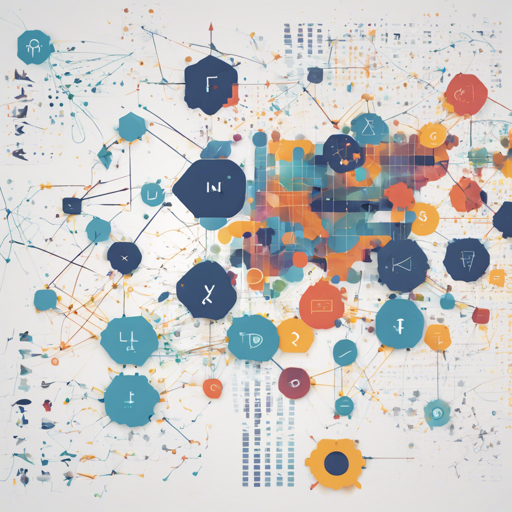In the vast world of data science, machine learning, and artificial intelligence, mastering linear algebra is like learning to read and write before venturing into the world of literature. Whether you are a student or a professional, understanding these fundamental concepts will arm you with the tools you need to make sense of data and create sophisticated models. This guide will bring you through the basics and how to approach studying them effectively.
Unit 1: Pre-Requisites and Refreshment
- Understand Real Numbers and Vector Space
- Learn about Norm of Vector
- Refresh your knowledge on Cartesian Coordinate System and Unit Circle
- Study Angles, Unit Circle, and Trigonometry
- Distinguish Norm vs. Euclidean Distance
- Apply the Pythagorean Theorem & Orthogonality
These topics set a strong foundation to help you grasp the upcoming concepts. They matter because they prepare you for more complex topics in linear algebra, acting like a well-organized set of tools before you step into a workshop.
Unit 2: Vectors Operations
Imagine vectors as arrows pointing in different directions in a geometric landscape. They possess both magnitude and direction. This unit introduces:
- Foundations of Vectors
- Special Vectors and Operations
- Advanced Vector Concepts
- Dot Product, Cauchy-Schwarz and Its Applications
Unit 3: Matrices and Solving Linear Systems
Now, think of matrices as a grid of arrows (vectors) lined up in rows and columns, combined together to represent data effectively. The modules in this unit explain:
- Foundations of Linear Systems and Matrices
- Introduction to Matrices
- Core Matrix Operations
- Solving Linear Systems – Gaussian Reduction, REF, RREF
- Advanced Matrix Concepts and Operations
Unit 4: Linear Transformations and Matrices
Here, matrices are not just simple grids; instead, they are transformational tools that can change the coordinates of vectors. Topics include:
- Algebraic Laws for Matrices
- Determinants and Their Properties
- Matrix Inverses and Identity Matrix
- Transpose of Matrices: Properties and Applications
Unit 5: Advanced Linear Algebra Topics
This final stretch introduces more intricate concepts, likening matrices to multi-talented performers that juggle multiple tasks. You’ll explore:
- Vector Spaces, Projections and Gram-Schmidt Process
- Special Matrices and Their Properties
- Matrix Factorization, QR Decomposition
- Eigenvalues, Eigenvectors, and Eigen Decomposition
- Singular Value Decomposition (SVD) and Its Applications
Troubleshooting: Common Issues While Learning Linear Algebra
If you find yourself confused or stuck, here are some tips:
- Review foundational concepts like the Cartesian Coordinate System and Norm of Vectors.
- Practice regularly by solving problems related to each topic.
- Utilize online resources and communities to clarify doubts.
- Reach out for collaborative help on complex subjects.
For more insights, updates, or to collaborate on AI development projects, stay connected with fxis.ai.
At fxis.ai, we believe that such advancements are crucial for the future of AI, as they enable more comprehensive and effective solutions. Our team is continually exploring new methodologies to push the envelope in artificial intelligence, ensuring that our clients benefit from the latest technological innovations.
By following this structured approach to linear algebra, you’ll find the confidence to tackle data science problems and develop machine learning applications like a true expert!

